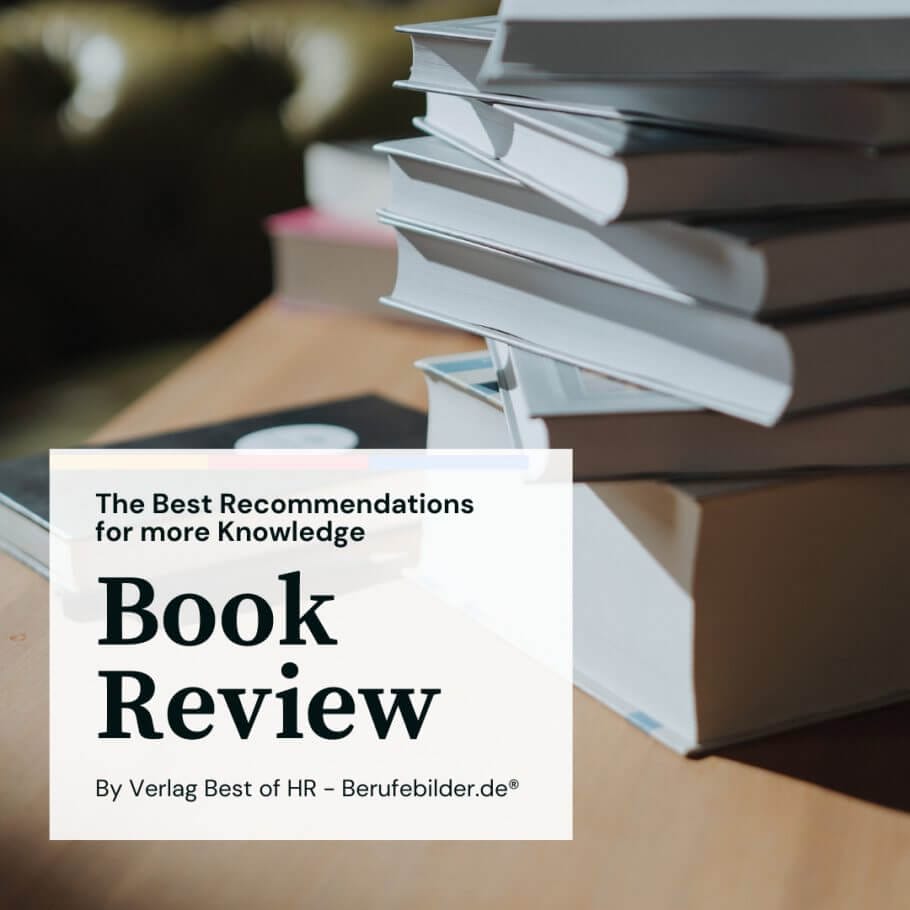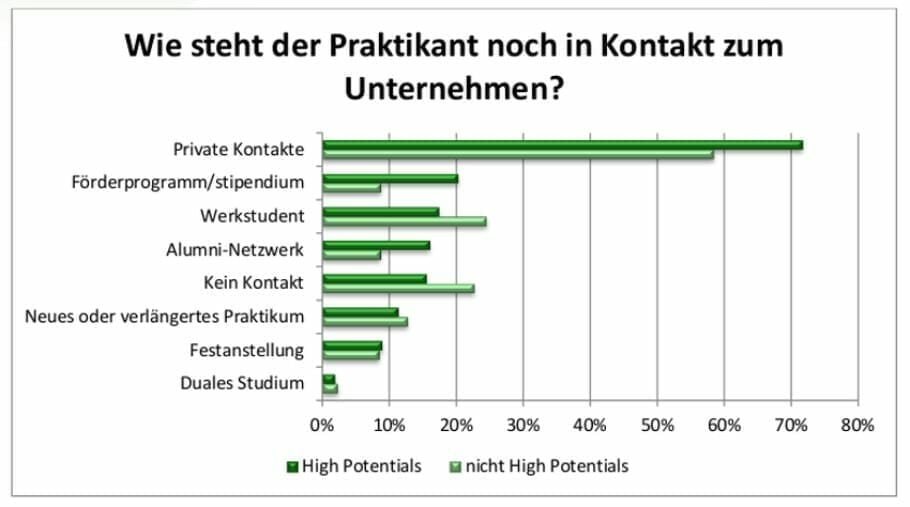For their successful, good life Information you really need: Government-funded publisher, awarded the Global Business Award as Publisher of the Year: Books, Shops, data-driven AI-Services. Print and online publications as well as the latest technology go hand in hand - with over 20 years of experience, partners like this Federal Ministry of Education, customers like Samsung, DELL, Telekom or universities. behind it Simone Janson, referenced in ARD, FAZ, ZEIT, WELT, Wikipedia.
Disclosure & Copyright: Images created as part of a free collaboration with Shutterstock.
Motivation & personal drivers: why do employees behave this way?
By Barbara Hague (More) • Last updated on October 11.08.2023, XNUMX • First published on 02.03.2016/XNUMX/XNUMX • So far 5240 readers, 1316 social media shares Likes & Reviews (5 / 5) • Read & write comments
The motive theory offers in Everyday life a practical decision-making aid. Company or HR managers use the inner drivers and their effects as a basis for personnel decisions and motivated ones Employees.

Motivational profile as a key to motivation
In many cases, states of exhaustion, such as burnout or depression, do not arise due to an excessive workload. They usually result from the feeling of having to deny oneself and to carry out work that is not experienced as fulfilling or that is one's own Power and qualifications not or only insufficiently reflectedspiegeln.
We are therefore more motivated, the more optimally our motif profile is addressed. And the less we are at the same time risking to suffer performance drippings and exhaustion.
Motives make you happy
Unfortunately, motifs cannot be measured directly. However, their existence can be proven indirectly: as soon as the motives of a People are addressed as part of a task, the pituitary and hypothalamus begin to release endorphins.
This means: Tasksthat match our personality make us happy. Unlike salary increases, bonuses, incentives or other privileges, which only help for a very short time and at most stifle frustration, but cannot eliminate it permanently.
Personality and tasks
Company and ExecutivesThose who know the respective motive type essentially also know the conditions under which their employees work satisfied and are powerful. In the second step, task profiles should be determined on this basis, with the question of which type of task best corresponds. The following questions can be used to help:
- Does the task provide room for your own decisions?
- Does the task require careful detail work and professionalization?
- Is sensitivity and continuity required when dealing with people - such as customers or partners?
Ideally, personality and task can be optimally coordinated in this way. In corporate practice, an exact fit is often not possible, with the exception of a new hire. However: one Orientation at ideal is desirable and for enduring Motivation unavoidable.
Why congruent motives are so important
The findings from the theory of motives do not necessarily mean that a lack of congruence between “man and mission” must lead to the failure of the employment relationship. The Risks for conflicts, burn-out or bore-out, low performance and absenteeism due to illness is increased.
After all, motives are a powerful force and can hardly be influenced by willpower. Sooner or later they will make their way in one way or another. And that's a good thing: Because constant fighting against your own needs and driver is psychologically unhealthy.
Motives ensure long-term success
People who want to motivate people must know their motives. The understanding of internal impulses and their impacts provides an important basis for decision-making for new assignments, changes in the area of responsibility, development offers or training.
First and foremost, however, they create the basis for a high level of employee identification and motivation. Unlike short-term, mostly fast In this way, they secure the incentives that fizzle out Success for all.
Here writes for you
 Barbara Haag is a management trainer and business coach. She runs the “kopfarbeit” consulting institute she founded and, together with a network of 30 trainers, supports specialists and executives throughout Germany. She worked for several years in personnel development at global companies in the automotive and oil processing industries and has been a trainer, consultant and coach for many years and had teaching assignments at vocational academies and the leadership academy in Baden-Württemberg.Barbara Haag is the originator of scientifically based personal development programs that have been implemented in numerous companies. In addition to the online potential tool aHead she developed, her work on motivational theory was also included in the guidebook “Authentic Career Planning”. More information at www.kopfarbeit.org All texts by Barbara Haag.
Barbara Haag is a management trainer and business coach. She runs the “kopfarbeit” consulting institute she founded and, together with a network of 30 trainers, supports specialists and executives throughout Germany. She worked for several years in personnel development at global companies in the automotive and oil processing industries and has been a trainer, consultant and coach for many years and had teaching assignments at vocational academies and the leadership academy in Baden-Württemberg.Barbara Haag is the originator of scientifically based personal development programs that have been implemented in numerous companies. In addition to the online potential tool aHead she developed, her work on motivational theory was also included in the guidebook “Authentic Career Planning”. More information at www.kopfarbeit.org All texts by Barbara Haag.
3 responses to "Motivation & personal drivers: why do employees behave like this?"
-
This is how motivation arises - 2/3: Motives in practice by Barbara Haag: The theory of motifs offers ... - Recommended contribution FG6bG0vLgw #Profile #Bilding
-
This creates motivation - 2 / 3: motifs in practice by Barbara Haag via BERUFEBILDER - Recommended contribution rtnWcILg0B
-
This creates motivation - 2 / 3: motifs in practice by Barbara Haag via BERUFEBILDER - Recommended contribution DqZY3XloI5









Post a Comment